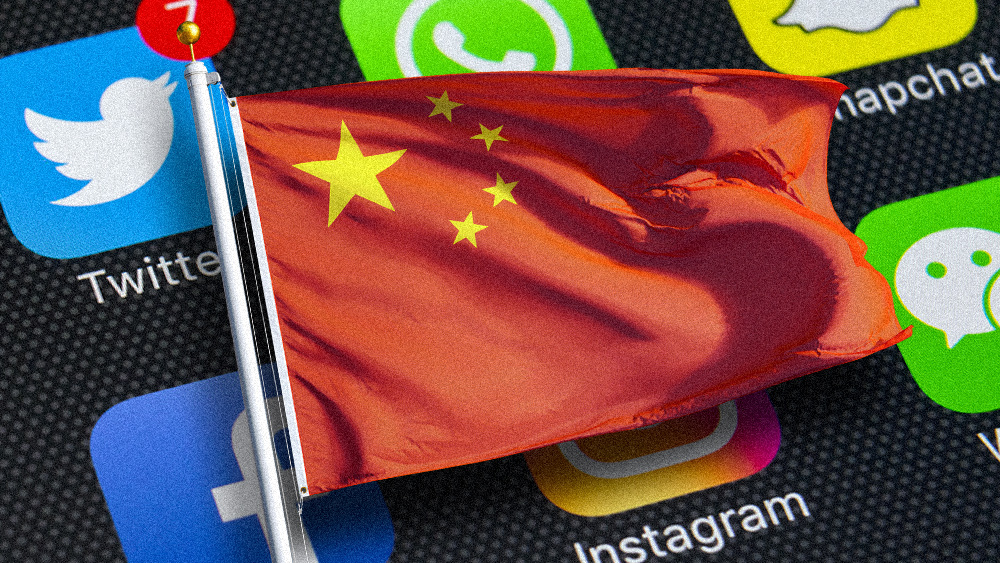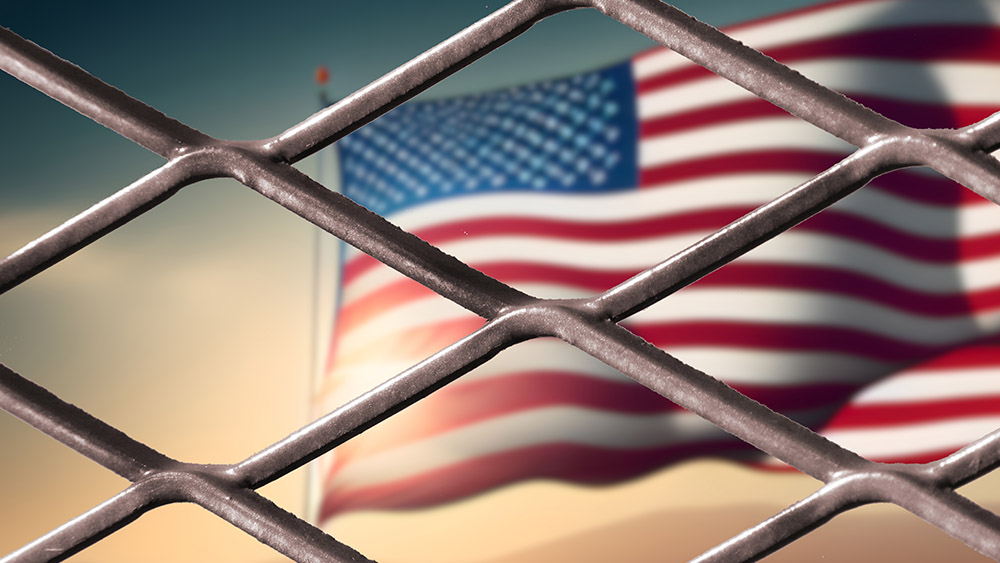 Parler
Parler Gab
Gab
- Apple has complied with orders from the Cyberspace Administration of China (CAC) by removing prominent gay dating apps Blued and Finka from its Chinese App Store.
- Apple's swift adherence to Beijing's censorship demands highlights its prioritization of profits and market access in China – where it relies heavily on manufacturing and revenue – over defending free expression.
- Despite decriminalizing homosexuality in 1997, China continues to suppress LGBTQ advocacy – banning same-sex marriage, shutting down activist groups and pressuring tech companies to censor sexual identity-related content.
- The removal of Blued – a major global platform with 49 million registered users – deals a significant blow to China's gay community, which already faces escalating government restrictions including prior registration freezes and black-market account sales.
- Apple's actions reinforce concerns about tech giants enabling authoritarian censorship, effectively acting as extensions of state control. This raises ethical questions about corporate responsibility and the future of digital freedoms in restrictive regimes.
Apple's obedience to China's oppressive censorship
The impacted apps were central to the social landscape for gay men in China. Blued, founded in 2012 by former police officer Ma Baoli, grew into one of the largest social platforms of its kind globally. By 2020, its parent company BlueCity reported 49 million registered users and approximately 6 million monthly active users. That same year, the company went public on the Nasdaq and acquired its main rival Finka in a deal valued around $33 million. The platform later delisted and was absorbed by another social media firm. The disappearance of these apps from major storefronts signals a significant setback for a community already facing increasing pressure. The tightening environment was foreshadowed in July when Blued temporarily halted new user registrations, leading individuals to purchase secondhand accounts online for as much as $20 before registrations resumed in August. Apple's speedy obedience to Beijing's order raises profound questions about corporate power and consistency. This suggests that the California-based company's guiding principle is not a defense of digital free expression, but adherence to the demands of the most powerful regulator in any given market, whether that is the CAC or its own internal policy team. The historical context of such corporate-state collaboration in censorship is fraught. When private corporations become the arbiters of which voices are heard and which are silenced, they effectively function as an extension of state control, a dynamic that challenges the very notion of the open internet. In China, this process is explicit and state-directed. The removal of Blued and Finka is a contemporary manifestation of this age-old practice, digitally enabled and executed by one of the world's most influential companies. Ultimately, the fate of the two Chinese LGBT dating apps remains uncertain. In some past instances, apps have been reinstated after making compliance changes demanded by regulators, though this process is often opaque and unpredictable. What is clear, however, is that Apple's actions in China have positioned it at the center of a global debate on technology, censorship and corporate responsibility. Watch this video about Apple restricting the AirDrop function on Chinese iPhones to appease Beijing. This video is from the Chinese taking down EVIL CCP channel on Brighteon.com. Sources include: ReclaimTheNet.org MacObserver.com Newsweek.com BrightU.ai Brighteon.comGovernments continue to obscure COVID-19 vaccine data amid rising concerns over excess deaths
By Patrick Lewis // Share
Ukrainian strikes, sanctions fuel global diesel crisis as prices soar
By Belle Carter // Share
By Lance D Johnson // Share
EU demands accountability as Ukraine corruption scandal threatens aid
By Belle Carter // Share
A veil of secrecy: U.K. health agency withholds data amid excess death concerns
By Willow Tohi // Share
Governments continue to obscure COVID-19 vaccine data amid rising concerns over excess deaths
By patricklewis // Share
Tech giant Microsoft backs EXTINCTION with its support of carbon capture programs
By ramontomeydw // Share
Germany to resume arms exports to Israel despite repeated ceasefire violations
By isabelle // Share








